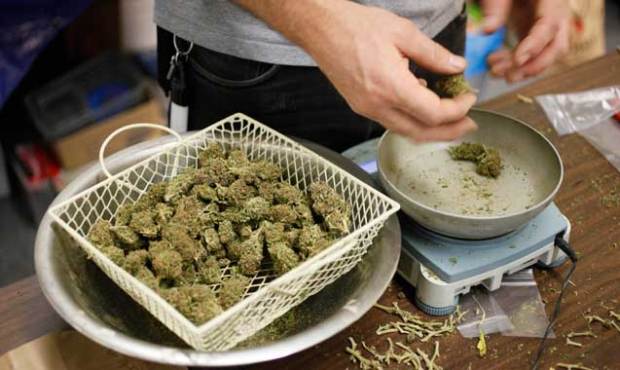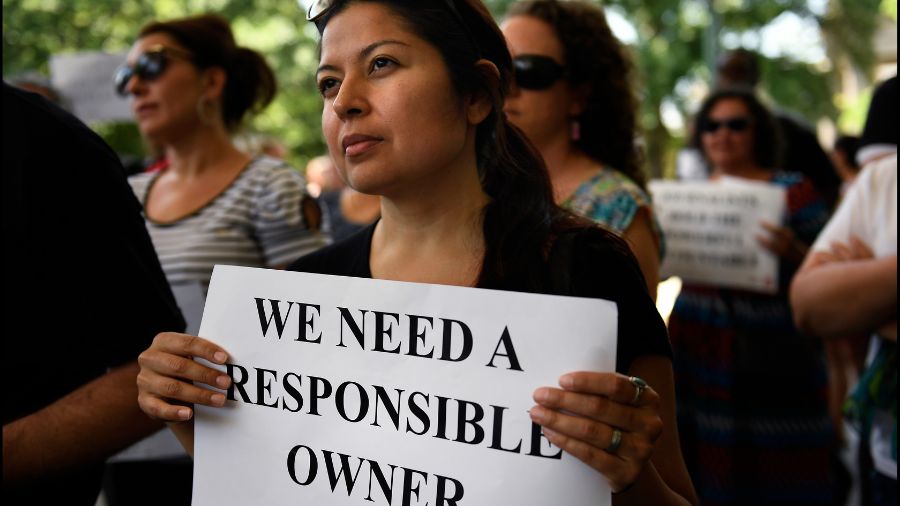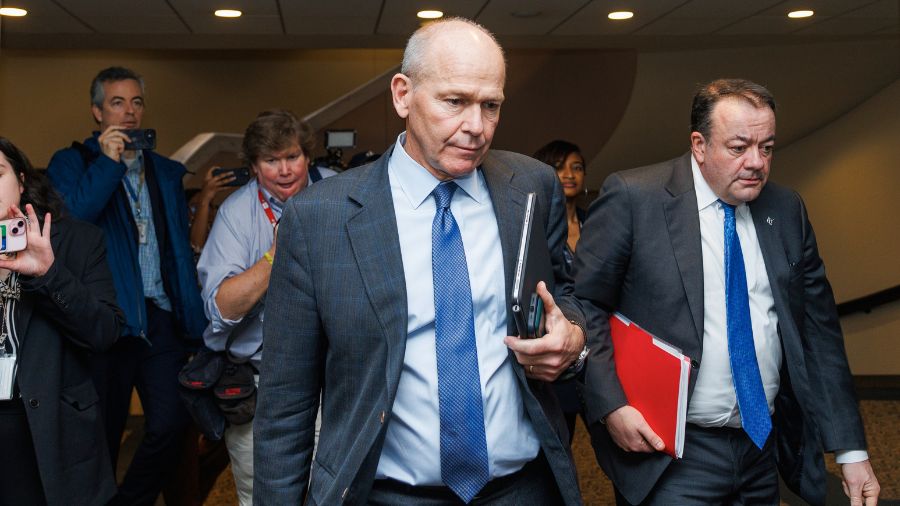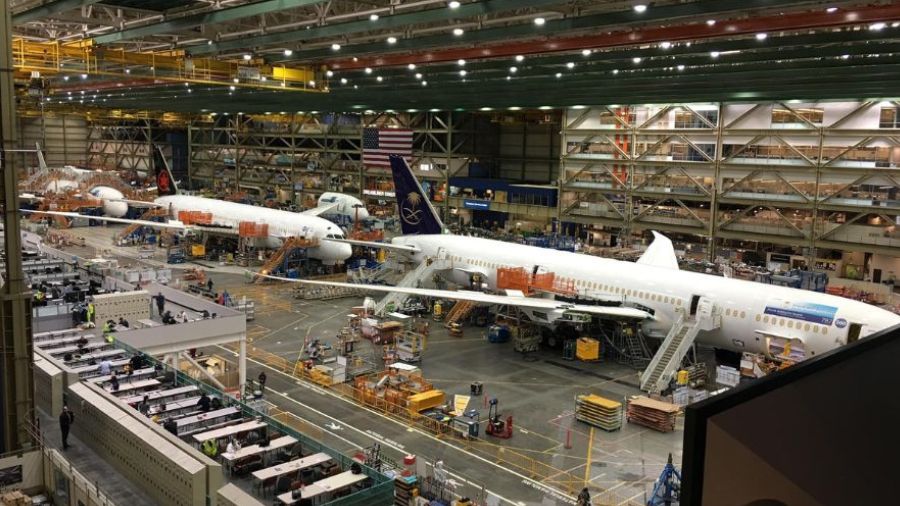Q&A: What you need to know about Washington’s legal marijuana industry
Oct 16, 2013, 11:15 PM | Updated: Dec 12, 2013, 7:37 am

Washington state has approved rules for its new legal marijuana industry, but what does that mean? (AP)
(AP)
Washington state has approved rules for its new legal marijuana industry, but what does that mean?
Q: What is the new marijuana law?
A: In summary – This measure would remove state – law prohibitions against producing, processing, and selling
marijuana, subject to licensing and regulation by the liquor control board; allow limited possession of marijuana by persons aged 21 and over; and impose 25 percent excise taxes on wholesale and retail sales of marijuana, earmarking revenue for purposes that include substance – abuse prevention, research, education, and healthcare. Laws prohibiting driving under the influence would be amended to include maximum thresholds for THC blood concentration.
Q: Legally, how much marijuana can I carry on me?
A: Individuals 21 years of age or older are legally authorized to possess and use marijuana, related paraphernalia and any combination of: One ounce of useable marijuana, 16 ounces of marijuana infused product in solid form; or 72 ounces of marijuana infused product in liquid form.
Q: Where can I use marijuana?
A: Initiative 502 states that it is unlawful to open/consume a package of marijuana or marijuana infused product in view of the general public.
Q: Can my work legally drug test me?
A: I-502 does not address the topic of drug testing but it is the state’s understanding that employers may still conduct drug testing at their discretion.
Q: When can I buy marijuana in a store?
A: The state liquor control board plans to begin accepting license applications Nov. 18. The licenses become effective Dec. 1, 2013. The board says it’s hired a team to process licenses, but it’s unclear how long that will take. Liquor licenses generally take 60 to 90 days to process. After that, it depends on the market, availability of the product, how fast a store can come together, etc. The liquor control board estimates consumers might begin to see recreational marijuana for sale sometime in late spring of 2014.
Q: How much will marijuana cost me to buy?
A: The Office of Financial Management places a price estimate of $12 per gram. Medicinal marijuana
dispensary prices on average range between $10 and $15 per gram with some premium products exceeding $15 per gram. Based on average retail mark-up practices, estimated producer price is $3 per gram and estimated
processor price is $6 per gram.
Q: Where can I find stores?
A: The board will issue licenses for up to 334 marijuana stores across the state, with 21 of them in Seattle. Stores will be licensed and regulated by the board, but will be private-sector businesses. And the stores may only sell marijuana, marijuana infused products, and marijuana paraphernalia.
Q: Can I take my marijuana on a road trip?
A: No. Marijuana products must be consumed in Washington.
Q: What is considered too much before I drive?
A: I-502 sets a per se DUI limit of “delta-9” THC levels at greater than or equal to 5 nanograms per milliliter of blood (5 ng/mL).
Q: Can I grow plants at home?
A: No. Recreational use marijuana must be purchased from a state-licensed retailer.
Q: Can I fill my marijuana prescription at a new pot store?
A: No. Recreational pot stores can’t double as medical dispensaries.
Q: How much will it cost to get a marijuana license?
A: Washington will charge $250 per license application, plus $1,000 annual renewal fees.
Q: Can anyone obtain a license?
A: Washington requires background checks to keep recent felons from obtaining licenses, though there is leeway for those convicted of marijuana crimes that are now legal.
Q: Are there other restrictions?
A: Washington will impose residency requirements for those obtaining licenses or investing in pot businesses and will require security measures for pot businesses, such as surveillance and alarm systems.
Q: What kind of license should I get?
A: You can get licenses to grow, process, or sell pot, but not all three_ an attempt by the board to stamp out any monopolies before they start. It also prohibits out-of-state investment in pot businesses and requires quality-control testing of marijuana by third-party labs.
Q: What does a producer do?
A: A marijuana producer produces marijuana for sale at wholesale to marijuana processors and
allows for production, possession, delivery, and distribution.
Q: What does a processor do?
A: A marijuana processor processes, packages, and labels marijuana/marijuana infused product for sale at wholesale to marijuana retailers and allows for processing, packaging, possession, delivery, and distribution.
Q: What does a seller do?
A: A marijuana retailer allows for sale of useable marijuana/marijuana infused products at retail
outlets regulated by the state liquor control board.
Q: How many producer and processor licenses will be issued?
A: There is no limit. The board will open a 30 day window Nov. 18 where anyone can apply, and qualified applicants will receive licenses.
Q: How many retail licenses will be issued?
A: The number of retail locations will be determined using a formula that distributes the number of locations proportionate to the most populous cities within each county. Locations not assigned to a specific city will be at large. Once the number of locations per city and at- large have been identified, the specific locations will be selected by lottery in the event the number of applications exceeds the allotted amount for the cities and county.
Q: How much pot will be produced?
A: Washington is capping total production at 80 metric tons.
Q: How will the state monitor the quantity?
A: Washington will require seed-to-sale tracking of pot in hopes of preventing diversion to the black market.
Q: How is marijuana going to be taxed?
A: The initiative applies a 25 percent excise tax on each level of the system: producer to a processor, processor to a retailer, and retailer to the customer. In addition, B&O taxes on the production and local retail sales taxes apply.
Q: How do we keep marijuana out of the hands of children?
A: Washington will require childproof packaging for pot products and labels describing the strength of the marijuana inside and potential dangers associated with its use. Advertising aimed at minors is also banned. In addition, stores cannot be set up within 1000 feet of any elementary or secondary school, playground, recreation center or facility, child care center, public park, public transit center, library, or game arcade that allows minors to enter.
For more information about I-502, visit the Washington State Liquor Control Board website.
The Associated Press and the Washington State Liquor Control Board contributed to this report.













